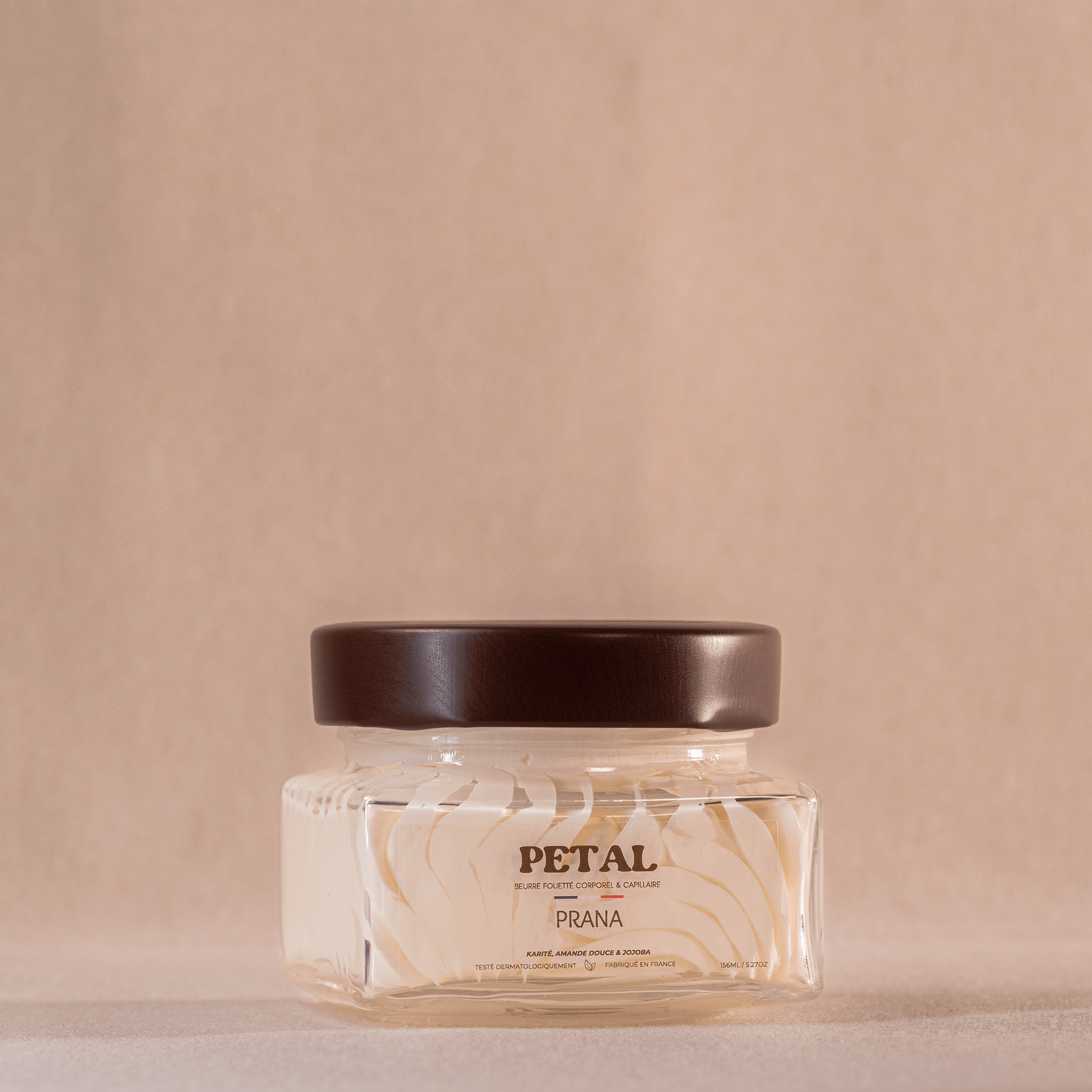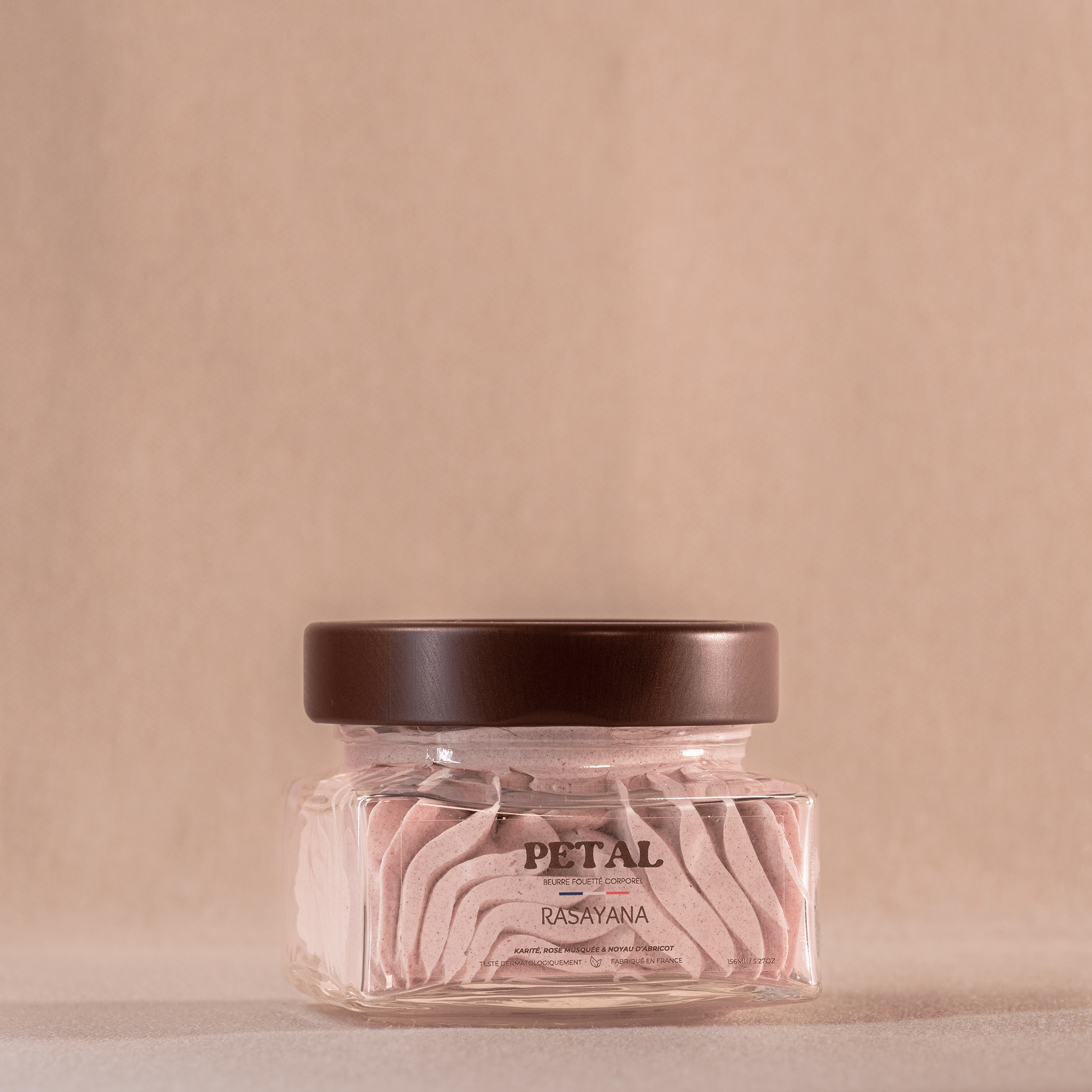Living with eczema can be challenging, especially during flare-ups when your skin becomes itchy, inflamed, and uncomfortable. While there are many conventional treatments available, more people are turning to natural remedies to soothe their symptoms without the potential side effects of pharmaceutical options.
Understanding Eczema
Eczema, also known as atopic dermatitis, is a chronic skin condition characterized by dry, itchy, and inflamed patches of skin. It commonly affects the face, hands, elbows, and knees, but can appear anywhere on the body. While the exact cause of eczema is unknown, it's believed to be linked to a combination of genetic and environmental factors.
People with eczema typically have a compromised skin barrier, which makes their skin more sensitive to irritants and allergens. This can lead to inflammation, itching, and the characteristic red, scaly patches associated with the condition.
Natural Remedies for Eczema Relief
1. Shea Butter
Shea butter is a natural fat extracted from the nuts of the shea tree. It's rich in vitamins A, E, and F, as well as fatty acids that help nourish and moisturize the skin. Shea butter creates a protective barrier on the skin's surface, helping to lock in moisture and shield against environmental irritants.
For eczema relief, apply pure, unrefined shea butter to affected areas after bathing while your skin is still slightly damp. This helps seal in moisture and provides long-lasting hydration.
2. Colloidal Oatmeal
Colloidal oatmeal has been used for centuries to soothe irritated skin. It contains compounds called avenanthramides, which have anti-inflammatory properties that can help reduce itching and redness associated with eczema.
Add colloidal oatmeal to a lukewarm bath and soak for 15-20 minutes. You can also find creams and lotions containing colloidal oatmeal specifically formulated for eczema-prone skin.
3. Coconut Oil
Virgin coconut oil has antimicrobial and anti-inflammatory properties that can help soothe eczema symptoms. It contains lauric acid, which helps reduce bacteria on the skin, potentially preventing infection in cracked or open areas caused by scratching.
Apply virgin coconut oil directly to affected areas several times a day, especially after showering, to lock in moisture and reduce inflammation.
4. Calendula
Calendula, derived from marigold flowers, has been used for centuries to heal wounds and soothe irritated skin. It has anti-inflammatory and antimicrobial properties that can help reduce eczema symptoms and prevent secondary infections.
Look for creams or ointments containing calendula extract, or make a calendula compress by steeping calendula flowers in hot water, straining, and applying the cooled liquid to affected areas with a clean cloth.
5. Evening Primrose Oil
Evening primrose oil contains gamma-linolenic acid (GLA), an omega-6 fatty acid that helps maintain the skin barrier and reduce inflammation. Some studies suggest that both topical application and oral supplementation of evening primrose oil may help improve eczema symptoms.
For topical use, apply a few drops of evening primrose oil to affected areas twice daily. For oral supplementation, consult with a healthcare provider for appropriate dosing.
Lifestyle Changes to Manage Eczema
In addition to natural remedies, certain lifestyle changes can help manage eczema symptoms:
- Avoid hot showers and opt for lukewarm water instead
- Use gentle, fragrance-free soaps and detergents
- Wear loose-fitting, cotton clothing
- Identify and avoid personal triggers (certain foods, stress, etc.)
- Keep your home environment humid, especially during dry seasons
- Practice stress-reduction techniques like meditation or yoga
When to See a Doctor
While natural remedies can be effective for managing mild to moderate eczema, it's important to consult with a healthcare provider if:
- Your symptoms are severe or worsening
- You develop signs of infection (increased redness, warmth, swelling, or pus)
- Your eczema is significantly impacting your quality of life
- Natural remedies aren't providing sufficient relief
Conclusion
Living with eczema can be challenging, but incorporating these natural remedies into your skincare routine may help manage symptoms and improve your skin's health. Shea butter, colloidal oatmeal, coconut oil, calendula, and evening primrose oil all offer unique benefits for eczema-prone skin.
Remember that consistency is key when treating eczema naturally. It may take time to see significant improvements, so be patient and persistent with your chosen remedies. Always perform a patch test before trying new products, especially if you have sensitive skin.
At Petal Cosmetiques, we understand the struggles of living with sensitive skin conditions. That's why we've developed our range of 100% natural, fragrance-free products specifically formulated to soothe and nourish eczema-prone skin. Our Prana Body Butter combines the power of shea butter with other carefully selected natural ingredients to provide long-lasting relief and hydration.
Try Petal Cosmetiques Products
Experience the benefits of our 100% natural, fragrance-free skincare products designed specifically for sensitive skin conditions.
Visit Official Store

